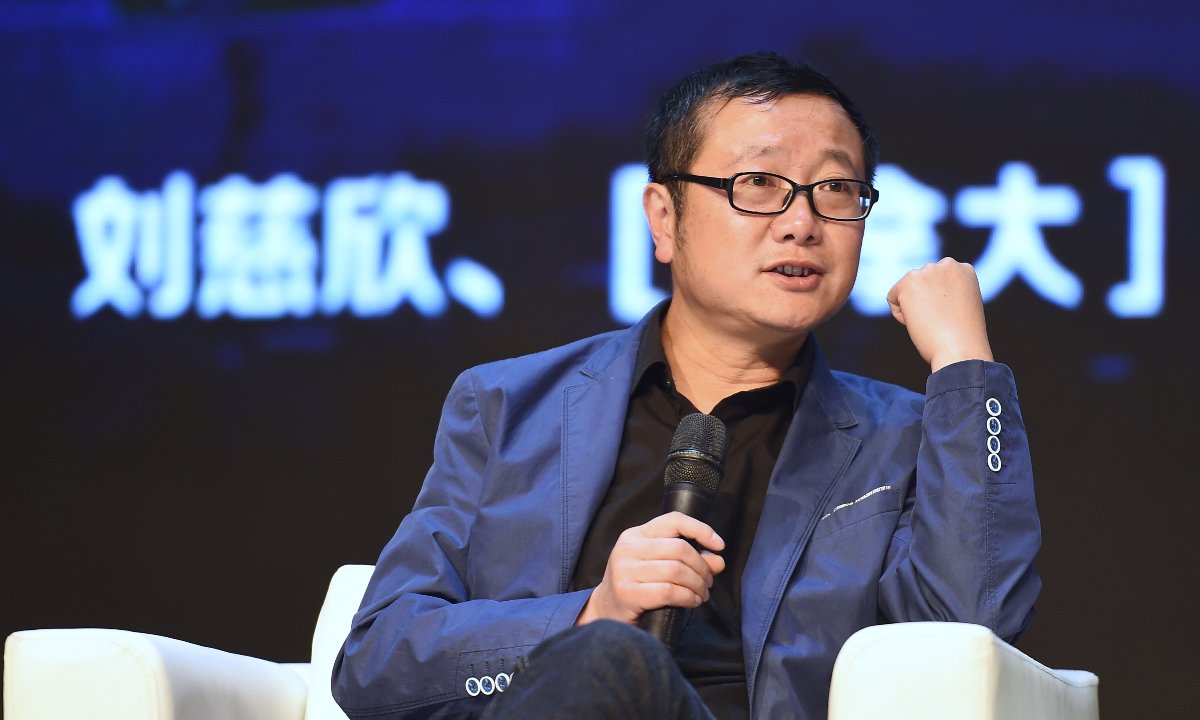In a recent online speech delivered in Beijing, renowned Chinese science fiction author Liu Cixin shared his visionary ideas about the importance of futurology and science fiction in shaping the minds of young people. Liu, celebrated for his groundbreaking work “The Three Body Problem,” which earned him the Hugo Award in 2015, emphasized the critical role these genres play in fostering a future-oriented mindset among teenagers.
Liu’s speech delved into the core tenets of futurology, underscoring its potential in guiding young minds to ponder profound questions about the future. He encouraged the youth to contemplate the possibilities of a different future, the capacity for adaptation and change, and the actions they could take to shape a better world. According to Liu, the intersection of futurology and science fiction is fundamental, as both realms inherently encourage exploration and imagination.
During his address, Liu pointed out the absence of futurology in the current basic education curriculum. He advocated for its inclusion as part of a broader framework encompassing science popularization and science fiction education. By integrating these disciplines, Liu believes that young minds can be inspired to think creatively and critically about the future.
Liu cited “Stellar Wanderer,” a Chinese science fiction narrative centered around the growth story of an interstellar girl, as an exemplary work that presents a vast and brilliant future landscape to young readers. Such works, according to Liu, provide a rich tapestry of content that can stimulate the imagination and expand young people’s horizons.
Liu’s advocacy for imagination in science fiction creation is a recurring theme in his speeches. This sentiment was echoed at the World Science Fiction Convention (WorldCon), held in Chengdu, Sichuan Province. The event brought together writers, artists, and sci-fi enthusiasts to discuss the genre’s development. Liu emphasized that science fiction has the power to ignite the imagination of young people, introducing them to unknown worlds and sparking an interest in science.
At WorldCon, Liu also shared his aspirations for humanity a century from now. He expressed hope that future generations would surpass the current one in terms of accomplishments, life quality, and living sphere, going beyond what contemporary sci-fi writers can imagine.
The growth of Chinese science fiction over the past decade has been remarkable, with an influx of young writers bringing innovative ideas to the genre, including sci-fi games, comics, and animation. This burgeoning talent was evident at WorldCon, where Chinese author Hai Ya’s “The Space-Time Painter” won the Hugo Award for Best Novelette, marking the third time a Chinese author has received this prestigious international sci-fi accolade.
Liu’s final thoughts at WorldCon encapsulated his philosophy: “We can use our imagination to create worlds that we don’t have in our reality. That’s why we need sci-fi.” His words underscore the transformative potential of science fiction and futurology in education, urging us to embrace these fields to inspire the next generation of thinkers, creators, and visionaries.
READ MORE:
